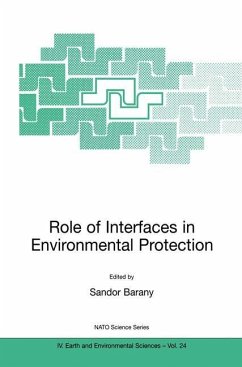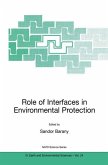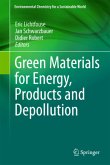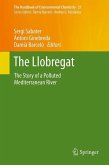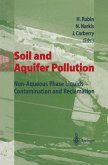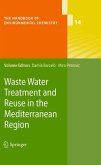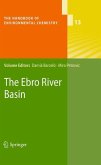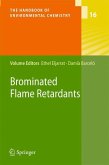The NATO Advanced Research Workshop "Role of Interfaces in Environmental Protection" has been held on May 27-30, 2002 in Miskolc, Hungary, under leadership of co-directors Prof Sandor Barany from the University ofMiskolc, Hungary, and Prof Nataliya Klymenko, National Academy of Sciences of Ukraine. The objective of the ARW was to highlight colloidal and biocolloidal aspects of environmental pollution and technologies to monitor, remediate, abate and prevent pollution. It is known that the solution of majority of environmental problems is closely connected with phenomena at the interfaces. The behaviour, transport of dispersed particles in the environment, the main phase separation methods in water treatment, purification of liquids, aerosols removal, many soil remediation processes as well as the methods of protection of human organisms from hazardous matters, are based on concepts of colloid chemistry, i.e. properties of interfaces and their behaviour in different media. Examples of these methods are: filtration, ultrafiltration, flotation, coagulation, hetero-coagulation and flocculation, adsorption, adhesion of micro-organisms to surfaces, membrane separation methods, etc. A very important and special aspect of the topic is the human protection using colloid-chemical approaches, i.e. the adsorption, aggregation and adagulation properties of differe~t materials. Examples are: adsorption of hazardous organic materials, drugs, heavy· metals and radionuclides on activated carbon, silica, cellulose derivatives, etc.
Hinweis: Dieser Artikel kann nur an eine deutsche Lieferadresse ausgeliefert werden.
Hinweis: Dieser Artikel kann nur an eine deutsche Lieferadresse ausgeliefert werden.

